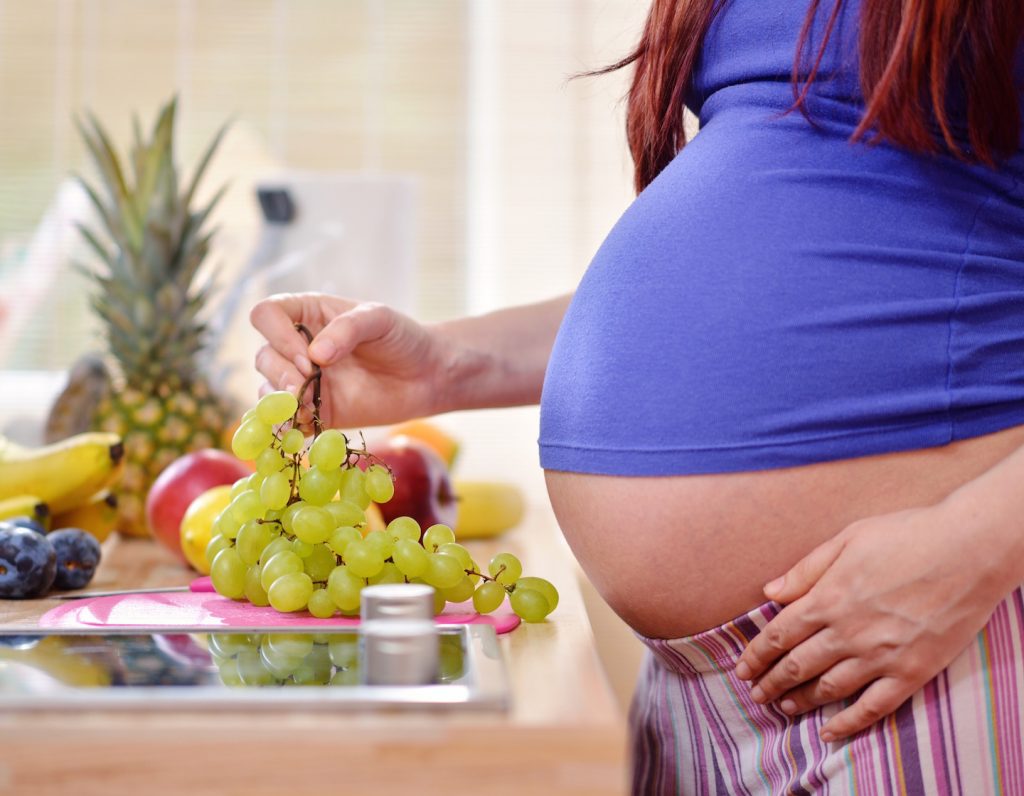
 Post Category - WellnessWellness - Post Category - HealthHealth
Post Category - WellnessWellness - Post Category - HealthHealthDr. Cheryl Kam weighs in on the importance of nutrients in fertility and birth outcomes
The effects of prenatal nutrient deficiencies are not easy to spot.This means many of us walk around with nutrient deficiencies and don’t make the connection until years later, when a pattern of ill health shows up, possibly after multiple doctor visits.
For example, while being just slightly low in vitamin D, we thankfully can still get pregnant and carry a pregnancy to term, but it then shows up as low vitamin D in our babies as there’s too little in our breast milk. The public health authorities now recommend supplementing our babies with vitamin D drops. Surely we should look further upstream and think about maternal nutrition status, too.
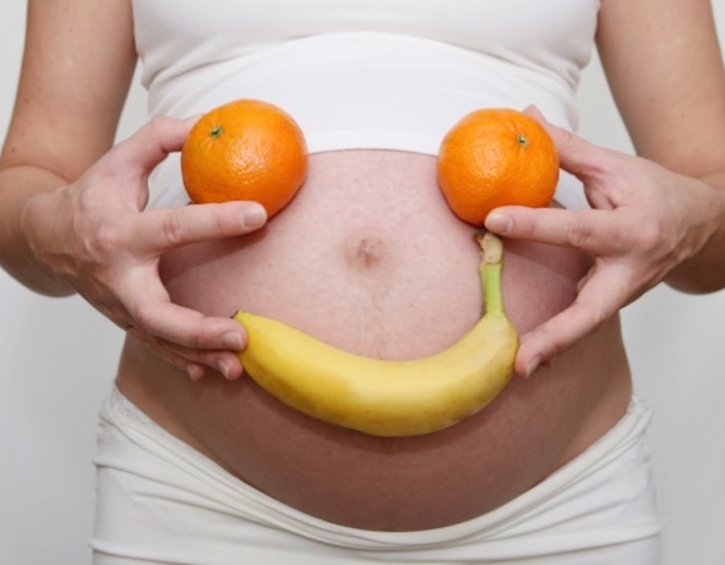
Conventional medicine is not yet structured to recognise nutrient deficiencies at the first instance. For example, you are more likely to be offered Thyroxine (T4) for your low thyroid function than a look into your iodine, zinc or selenium levels to set things right. And we all know a perfectly functioning thyroid is crucial to fertility.
From a nutritional point of view, there are well documented nutrient deficiencies that correlate to our increasing infertility rates, preterm labours, miscarriages and birth complications.
A note about closely spaced pregnancies, twins and lactation
Especially when having the second third or fourth child, maternal iron, zinc and vitamin D levels have repeatedly been found to be low. This can only mean that our babies are also receiving low amounts of these nutrients.
We know that breast milk is supposed to be one of the most nutritious substances out there, and these nutrients must come from somewhere!
Nutrients in breast milk come from the mother’s own body stores, and if these stores are low, two things happen. Firstly, the milk is less nutritious, and secondly, whatever is left for the mum leaves her in a depleted state.
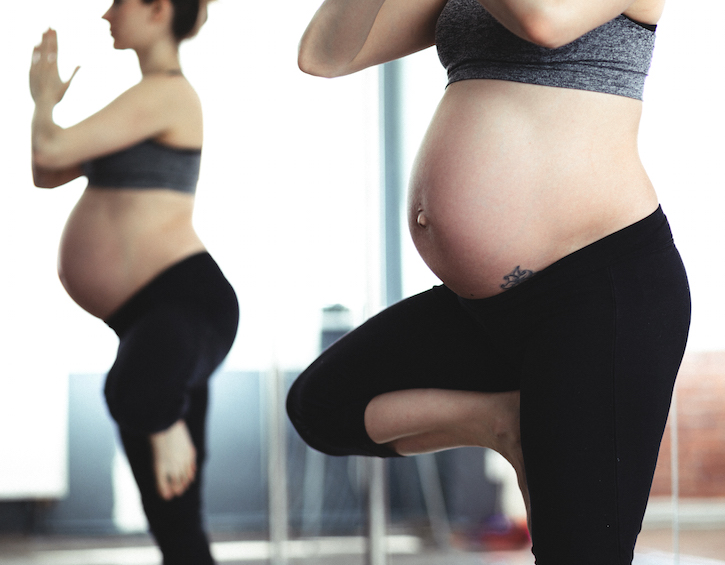
I eat healthy and exercise often. Surely I don’t have nutrient deficiencies?
Despite living in a developed world, we are seeing many nutrient deficiencies that previously only affected third world countries.
We live in a highly toxic and stressful urbanised world, and therefore have larger nutrient requirements, especially for antioxidants, magnesium and B12. Yet our food per gram contains fewer nutrients due to soil depletion. As an example, a carrot today and a carrot 20 years ago contain very different amounts of Beta Carotene, Magnesium and Selenium.
In pregnancy, iron requirements go up by 50%, especially in the second and third trimesters. Low iron at this time is associated with maternal weakness, dizziness and trouble concentrating. If severe, it is associated with low birth weight babies.
It is therefore practical to supplement with a good prenatal that uses a bioavailable form of iron, should there be any shortfalls in our dietary sources.

What is the number one nutrient shown to decrease rates of post-natal depression?
Women are most at risk of post-natal depression at around 6 weeks after delivery, but can occur up to 6 months after birth.
In many cases, women have hormonal imbalances causing it, as well as an imbalance of copper and zinc in their systems. In many cases of post natal depression, copper is raised in relation to zinc, and this messes with our neurotransmitters. Testing and treating with zinc is the first step in recovery.
Naturally, a good pre-existing level of zinc helps to protect against post natal depression. The most bioavailable form of zinc at the moment is zinc piccolinate, at 15-25mg for a typical adult including pregnant and breastfeeding women.
If you catch every cold that comes along, have white spots on your nails, have bad skin, hair and lots of stretch marks, you might have a zinc issue. Zinc, along with other nutrients, isn’t straightforward to test for, so clinical symptoms and signs are as important as blood tests. By the time conventional lab tests show a deficiency, symptoms are already severe.

What can I do to improve overall fertility and my baby’s health?
- Vitamin D: 5000iu daily or more if found to be deficient
- Calcium: intake from a variety of green vegetables, beans and fish
- Iron, Zinc and Folate: from beans, greens, peas, raisins and red meat
- Iodine: from eggs, seaweed and fish for thyroid health
- Selenium: from brazil nuts (Although the selenium levels are hugely variable depending on where they are grown)
- Omega-3s: from fish and flax seeds
- Consider taking a good prenatal vitamin from Thorne Research, Pure Encapsulations, Solgar
- Manage your schedule, practice daily relaxation and sleep well, to reduce the body’s oxidative stressburden
A note about forms and brands of nutrients
It is one thing to guide on general dosages, but if there is a suspected deficiency it is always prudent to get your levels checked and treated adequately.
The nutrient industry is rife with good (great formulas, few binders and preservatives) and bad (cheap fillers, cheap oxide forms) supplements, and labels are not as standardised as they should be. There are many nuances with manufacturing processes, bioavailable salt forms and therapeutic doses and it certainly pays to have it looked at by someone with a keen interest and expertise in these areas.
Practitioners who are serious about this type of healthcare tend to use prescriber-only nutrients, have a good relationship with a compounding pharmacy, and continually update themselves with the latest studies in the field of nutritional science.
This is not to say some over the counter brands aren’t decent. Some readily available brands that generally have good formulas are Solgar, New Chapter, Rainbow Light, Pure Encapsulations and Thorne Research.
Hope this helps you mamas get started on living a healthful life in our current nutrient poor environment!
References
https://www.scientificamerican.com/article/soil-depletion-and-nutrition-loss/
http://www.webmd.com/parenting/baby/news/20100322/cdc-babies-dont-get-enough-vitamin_d#1






 View All
View All




 View All
View All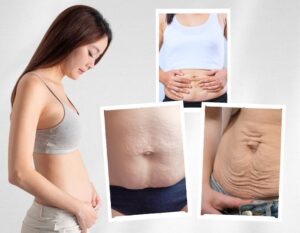










 View All
View All


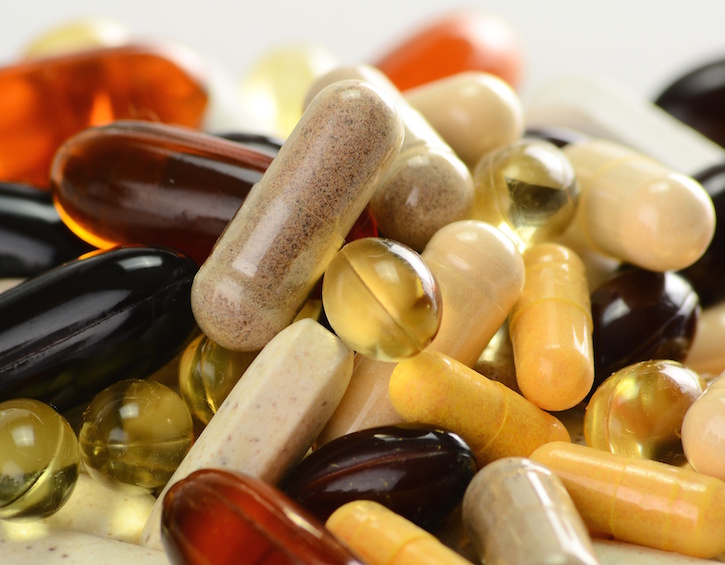



![[𝗡𝗘𝗪] 𝗣𝗮𝘀𝗶𝗿 𝗥𝗶𝘀’ 𝗕𝗿𝗼𝗻𝘁𝗼𝘀𝗮𝘂𝗿 𝗣𝗮𝗿𝗸 𝗶𝘀 𝗕𝗔𝗖𝗞. 𝗦𝗮𝗳𝗲𝗿 & 𝗙𝗨𝗟𝗟 𝗼𝗳 𝗗𝗶𝗻𝗼-𝗦𝗶𝘇𝗲𝗱 𝗙𝘂𝗻! 🦕🦖
A dinosaur you can climb into, a tail slide you can zoom down, and plenty of spots for kids to swing, bounce, and explore? Yeap, it’s a full-on dino adventure. After being closed for a major revamp, Brontosaur Park is now officially open (and safe!) for little adventurers to run wild.
Comment “DINO” or hit the link in bio for more epic outdoor playgrounds in Singapore!
𝗪𝗵𝗮𝘁 𝘄𝗲 𝗹𝗼𝘃𝗲:
- A Brontosaurus structure kids can explore from the legs to the belly
- A roller slide that goes right down the dino’s tail
- Rope bridges, climbing nets & hammocks between stego spikes = plenty of ways to burn off energy
- Toddler-friendly mini dino zone for the little ones
- Spot dino sculptures painted by residents (hidden all around the park)
𝗧𝗶𝗽𝘀 𝗳𝗼𝗿 𝗺𝗮𝘅 𝗳𝘂𝗻:
- Wear grippy shoes. Lots of climbing involved
- Pack snacks and water (There are minimarts nearby)
𝗪𝗵𝗲𝗿𝗲? The playground is located between Blk 777 & 778, along Pasir Ris St 71
𝗖𝗼𝘀𝘁? FREE!
.
.
.
.
.
#DinoPlaygroundSG #PasirRisPlayground #SgPlaygrounds #OutdoorFunSG #FreePlaygroundsSG #BrontosaurPark #SgFamilyAdventures #ThingsToDoWithKidsSG #SingaporeWithKids #PlaygroundGoalsSG #ToddlerPlaySG](https://www.sassymamasg.com/wp-content/plugins/instagram-feed/img/placeholder.png)
